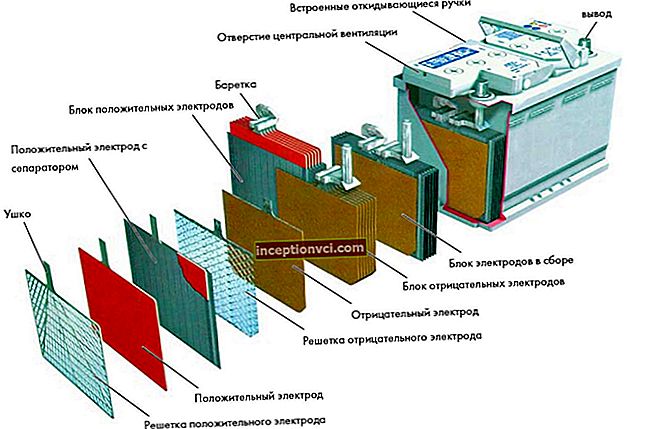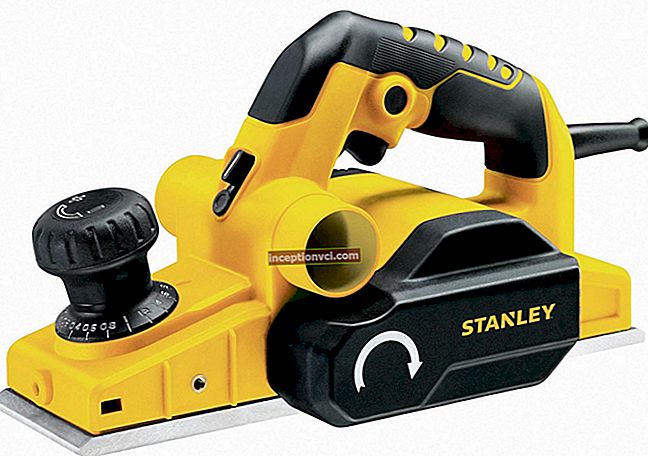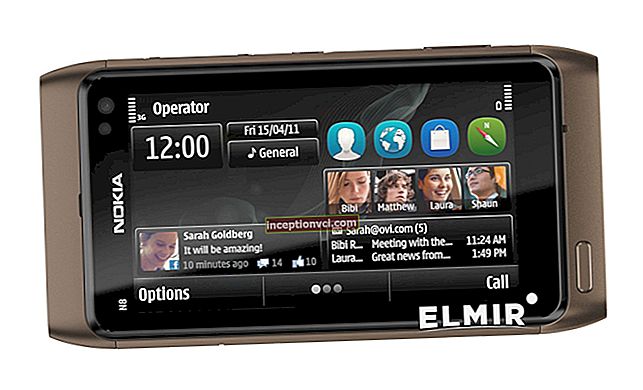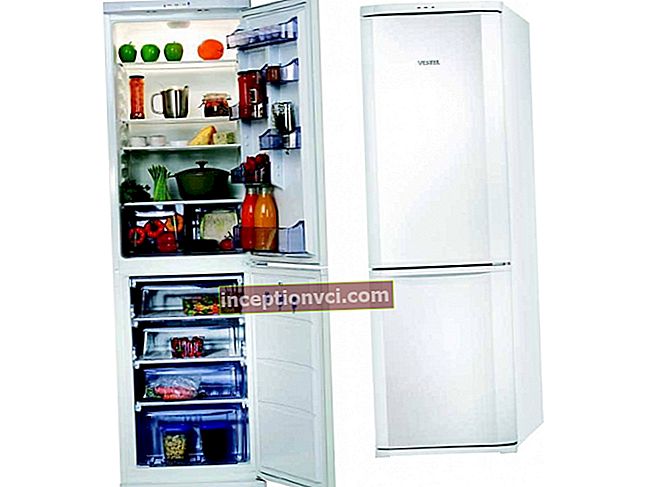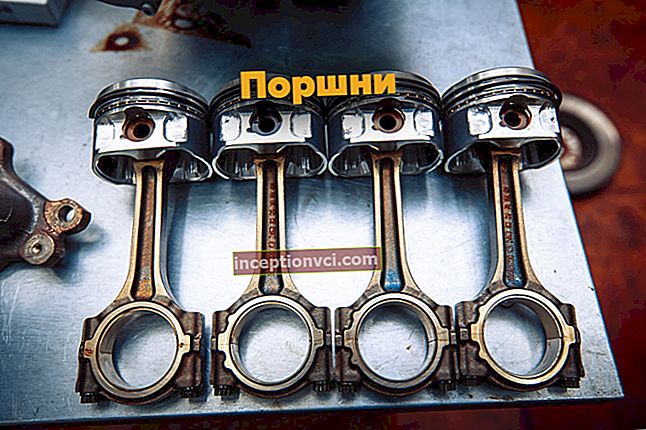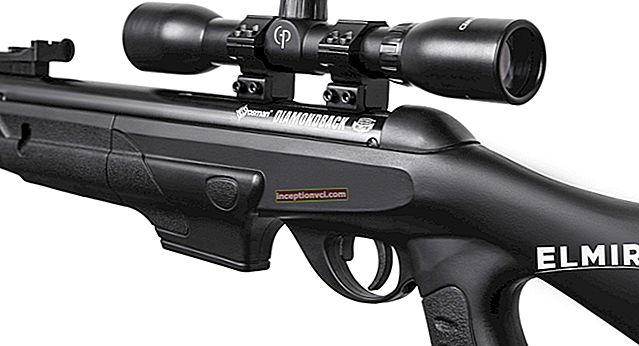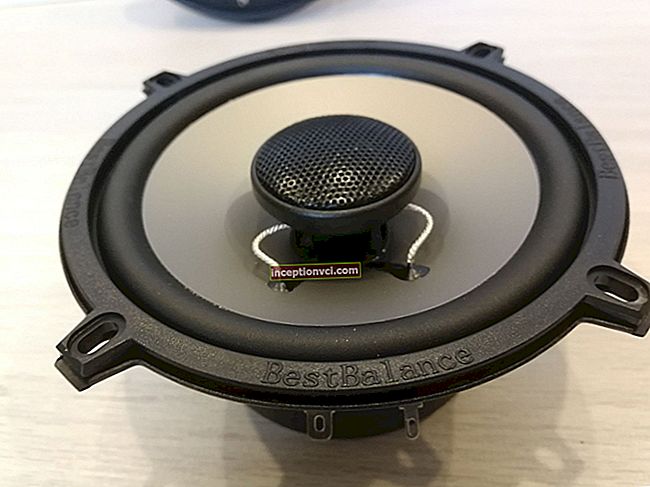
Antifreeze is the Soviet name for special technical fluids for automobiles and industrial vehicles. Their development was carried out by the Department of Organic Synthesis Technology (TOS) of the Moscow Research Institute of Organic Chemistry and Technology. Hence the first three letters of the name. The prefix -ol in chemistry means alcohols: the first antifreezes were created on the basis of ethylene glycol alcohol.
Actually antifreezes were "Tosol-A" and "Tosol-AM". They had high technological properties, but their production has long been curtailed. Now this name is not a guarantee of quality, since various manufacturers "mold" it to compositions, most of which are far from the original recipe.
Antifreeze is the name of any liquid that does not freeze at temperatures below zero. Specifically, automotive antifreezes are used to cool the engine in winter. They protect it from freezing water during idle time.
Thus, the difference between antifreeze and antifreeze is only in the name. And in order to answer the question of antifreeze or antifreeze - which is better, you need to look at the composition of a particular liquid. And its manufacturer.
Which antifreeze is better: 5 simple tips

- The minimum alcohol content (ethylene glycol or propylene glycol) in winter should be 40%. When freezing, such antifreeze expands in a proportion that is safe for the engine.
- Ethylene glycol antifreezes are highly toxic. It is much safer to use propylene glycol, but they are more expensive.
- Look for formulations with additives that protect the fluid from foaming, the engine from corrosion and boil damage, and fluoresce to make leak detection easier.
- The most technologically advanced types of antifreezes by the type of additives are lobrid (lobrid, bipolar) and carboxylate (international designation - OAT). They can be used in the most thermally loaded engines.
- Concentrated antifreeze is an added challenge as you have to dilute it yourself. This can cause dirt to enter the composition.
Types of antifreeze: don't get your brain screwed up
Most manufacturers, including automobile manufacturers, use their own brands of antifreeze. For example, Volkswagen is promoting the classification of mixtures into five categories: G11, G12, G12 +, G12 ++, G13. It is a marketing option for a company's manufacturing and service specification and is often considered by vendors as the one-stop-shop or “best”. This is a common misconception. Many products with this mark have nothing to do with the specification.
We advise you not to complicate your life and choose a coolant solely by its composition. Moreover, all high-quality antifreezes in the world are prepared from the basic formulations of just a few chemical giants, such as BASF and Chevron / Total. In most cases, the color of the liquid also does not affect anything.
Just look at the label and answer your questions:
- Do I need ethylene or propylene glycol antifreeze?
- Does the alcohol concentration exceed 40%? (Must exceed.)
- In terms of additives, is the best (lobrid) or just good (carboxylate) suitable for me?
Watch an expert's video commentary on the differences between antifreeze and antifreeze
